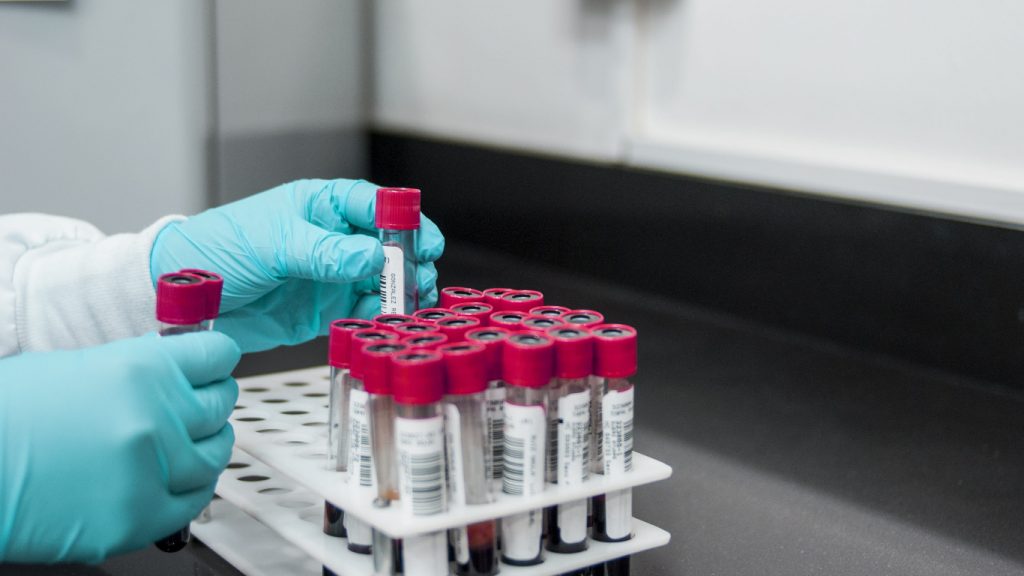Corona Pandemic: Braunschweig Research Achieves Initial Successes
Startseite » Corona Pandemic: Braunschweig Research Achieves Initial Successes
Corona Pandemic: Braunschweig Research Achieves Initial Successes
The novel coronavirus has only been known for a few months and is spreading across Germany and the world. The Braunschweig region has also not been spared and recently reported several hundred infected individuals. While public life virtually came to a standstill, Corona research in the region rapidly gained momentum. Numerous research projects addressing the fight against the virus and its consequences have been and are being implemented in record time.

A few weeks ago, we reported here on the Braunschweig projects and research initiatives.
Much has happened since then – initial research results are available, platforms offering assistance have been implemented, and numerous stakeholders from the region have networked to pool their expertise and resources and develop new ideas. It is time to present current research results and new projects.
Successes in the Development of Antibody Therapeutics
In addition to research into potential vaccines, the Braunschweig region is focusing on the development of antibody drugs against COVID-19. In early May, the Braunschweig biotechnology company YUMAB, in cooperation with the Technical University Braunschweig and the Helmholtz Centre for Infection Research, achieved a breakthrough in combating the virus: potential drug candidates that prevent the virus from infecting new cells were successfully tested for their efficacy in live, coronavirus-infected cells.
To optimize the drug approval processes, which normally take several years, to shorten the time to approval, and to consolidate future development work, YUMAB has now founded CORAT Therapeutics GmbH. The goal is to develop an antibody drug against COVID-19 as quickly as possible.
Kick-off of the Nationwide Antibody Study
Scientific data indicates that many COVID-19 cases are not recorded due to mild and asymptomatic infection courses. Therefore, there is currently insufficient data on the actual spread of the virus in the population and the associated presumed immunity to SARS-CoV-2. However, this data plays an important role in assessing and predicting the further course of the pandemic. Against this background, the HZI designed a study that is now being carried out as part of the nationwide MuSPAD project (Multilocal and Serial Prevalence Study on Antibodies against SARS-2 Coronavirus in Germany). The aim of these localized “hot-spot studies” is to estimate the immunity in the local population over time by determining antibodies against SARS-CoV-2 in representative samples of residents. This could provide a basis for recommendations on how the current Corona pandemic in Germany could be effectively contained while simultaneously normalizing public life as much as possible. The nationwide antibody study will kick off on July 1, 2020, in the Reutlingen district, where the first testing center will be established on a former parcel post site.
AI Provides Insight into Current Corona Research
Since the beginning of the Corona pandemic, thousands of scientific research articles on Sars-CoV-2 and Covid-19 have been published, many of them as pre-publications. Keeping track of them is difficult. Therefore, as part of the #wirvsvirus hackathon of the German government, five computer science students from TU Braunschweig and TU Berlin developed the “Collabovid” platform. It aims to help researchers, science journalists, and interested parties better search through the multitude of publications. To this end, the platform collects pre-publications from various preprint servers as well as publications published in specialist journals, making them easier to sort and search. The students rely on artificial intelligence to enable, for example, semantic search on the platform. The AI-trained algorithm can recognize connections between words, which is intended to make searching significantly more efficient. The project is now being funded as one of 34 hackathon projects within the “Prototype Fund” funding measure of the Federal Ministry of Education and Research.
Digital Education for All
To prevent scientific curiosity and the urge to research from being stifled in their infancy, education is a decisive factor. However, in the wake of the Corona crisis, schools had to close nationwide, which presented significant challenges not only for teachers but also for many students. Not every family has enough personal computers to enable their children to participate in homeschooling. To ensure greater equality of opportunity in education, the
